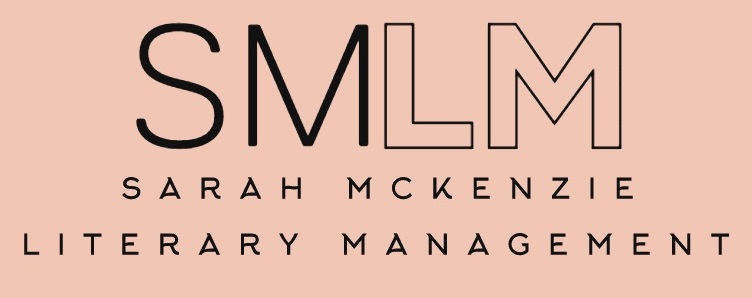While an agent won’t necessarily reject a publishing proposal on the basis of the cover letter alone, a compelling, well-written letter goes a long way in setting up the agent’s expectations about your skills as a writer.
Foremost, your cover letter must contain the following information:
- Title
- Word Count
- Genre
You should then provide one or two paragraphs that describe your story or proposal in such a way that it makes the agent keen to keep reading. Many suggest you structure this information as such:
- Hook – a logline, or one-sentence summary that grabs the reader’s attention. Writing the hook can be harder than it seems, but it is a great exercise that can indicate whether your story is strong and marketable. The hook should explain the main character, the setting, the conflict and should contain a point of action. Ideally it should also indicate the element in your story that makes it unique/different/appealing.
- Pitch – a short description of the story that builds on the hook. This is essentially a one paragraph version of the synopsis that focuses on the characters, their conflict and what is at stake, not the plot.
- Bio – information about you that is relevant (note the use of the word ‘relevant’). This might include previous publishing history, relevant qualifications, members, awards, etc.
Clearly state what it is that makes your proposal unique from other books on the market. Write simply, professionally and confidently.
